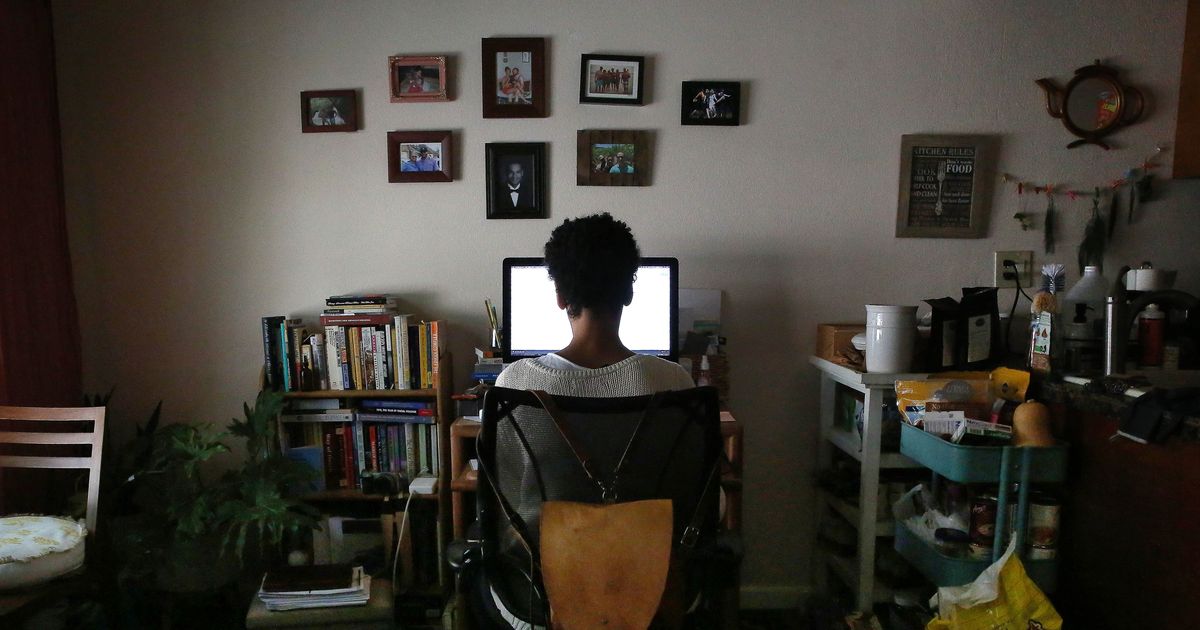Play all audios:
Photo: Lea Suzuki/The San Francisco Chronicle via Getty Images As the first half of 2021 fades into the rearview mirror, it’s time to reflect on what just happened. On the latest _Pivot_
episode, Kara Swisher and Scott Galloway evaluate winners and losers from the past few months and whether some business and tech predictions they’ve made have held up. _Kara Swisher_: It’s
the end of the second quarter. And we’re going to kick off with something a little different today: our quarterly review series. We are going to hold ourselves accountable the way we hold
other people accountable. Like any good business, it’s good to take stock of how well you’ve done so far and forecast what the future might look like. So going forward, every quarter, we’re
going to do a roundup of the biggest wins and fails, see how well we did with our predictions, and also make some new ones. And then some of our friends at _Pivot_ will give us their takes
on what’s coming in Q3 and beyond. All right, let’s kick off. To start with: a look at the biggest topics and issues of 2021 so far. Let’s declare some wins and fails. First off, Scott, the
biggest topic of the entire year so far has obviously been coronavirus recovery. We’ve talked about this a ton and a half over the last year, and a lot in the last six months. What do you
think the major wins and fails have been there? Twice weekly, Scott Galloway and Kara Swisher host _Pivot_, a _New York_ Magazine podcast about business, technology, and politics. SUBSCRIBE
ON: _Scott Galloway_: I think the biggest win has been the vaccines. I think vaccines are the most wonderful product ever invented in humanity. They represent global cooperation and science
and truth. I think the most disappointing thing is … I think America’s comorbidities are arrogance, our politicization of things that we should pull together on. And having what was supposed
to be the most innovative, wealthiest, tech-enabled — the majority of pharmaceutical companies are here. We spend more money on health care than anyone in the world. You’d like to think the
most robust, responsive government in the world … they can defend the shores. And we have 5 percent of the population and 20 percent of the infections. There’s just no getting around it. We
botched this terribly. Now, having said that, American firms, with the global cooperation of German firms and Turkish immigrants who have immigrated to Germany — these vaccines developed in
record time, are just an incredible … I don’t want to call them a gift. An incredible achievement of humanity. What are your thoughts? _K.S._: I’m going to be pro-internet again. The
internet worked. The internet helped us in terms of work, delivery … _S.G._: You think it worked? Interesting. _K.S._: I mean, I think everything that we needed to get through the pandemic
was provided, unfortunately, by these internet companies, which did their job. Of course, they also gained even more power over lots of industries, and will continue to do so, with
repercussions going forward in commercial real estate, restaurants, retailers, communications, meetings, business travel — everything. Now, there’s obviously these ransomware attacks and all
kinds of cybersecurity issues that are ongoing and just recently have been in the news a lot. But the internet didn’t break down, and it got us through this thing. And I think without it,
it would have been really a much different situation. The only place it didn’t help, which is a fail, is education. It just doesn’t work for younger people — maybe works for college
students. _S.G._: Mm-hmm. _K.S._: It did not work for people under high-school level. It just didn’t. It put into sharp relief how badly our educational system serves the least among us, and
also now the most among us, except for people who could pay for the stupid pods or whatever the heck people did, and some private schools that were up and running way before public schools
and things like that. So anyway, to me, the internet was a win, and the fail was digital education and tele-education. _S.G._: Yeah. That’s a really interesting point. It’s as if these major
internet companies were invented for a pandemic. And had we not had a robust e-commerce and home delivery and ability to consume data and work remotely, things would have been much worse.
The second-order effect I would point out is the ascent of these companies, especially their share price. _K.S._: Yeah. Dangerous. _S.G._: Which now constitutes a quarter of the S&P 500
— and that has hampered or diluted our response, in my view. Because I think that people who have a disproportionate amount of control over our government and its response, the shareholder
class, 90 percent of all equity and real-estate values owned by one percent, quite frankly, were living their best lives. And I think it dampened our response. If Amazon and Google stock had
been off 40 and 60 percent respectively, versus up 40 and 60 percent, I think we would’ve seen a more robust response. _K.S._: True, true. I would agree. I would say that their growing
power and money is disturbing. Pivot_ is produced by Lara Naaman and Camila Salazar. _ _This transcript has been edited for length and clarity._

